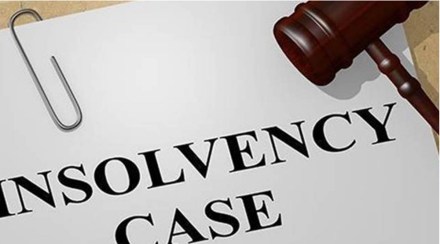The government will likely incorporate some of the recent suggestions of the Insolvency Law Committee (ILC), especially on the expeditious resolution of toxic assets, in a Bill that is set to amend the Insolvency and Bankruptcy Code (IBC), sources told FE. The IBC Amendment Bill is scheduled to be introduced in the ongoing monsoon session of Parliament.
The committee, headed by corporate affairs secretary Rajesh Verma, has suggested changes to the IBC to stipulate that the National Company Law Tribunal (NCLT) should accept or reject a resolution plan in just 30 days. If the adjudicating authority (AA) fails to do so, it has to “record reasons in writing for the same”. The report was released last month.
It has also recommended a slew of other changes to the IBC — including on avoidable transactions, change in the threshold date for look-back period and curbing the submission of unsolicited resolution plans or frequent revisions in such plans — to make the law more robust and help cut delay with an aim to prevent further erosion of the toxic asset value. The monsoon session will continue up to August 12.
“The corporate affairs ministry will take a final call on including some of the latest suggestions in the current Bill itself. Some suggestions, especially on quick resolution of stressed assets, are there in the Bill,” a source told FE.
Taking cognisance of the delays in the disposal of resolution plans submitted to the NCLT, the ILC had said such delays were often caused by a large number of objections to the proposed resolution plan, or a high degree of pendency of cases.
As many as 66% of companies that are undergoing resolution have exceeded the 270-day limit, showed the data compiled by insolvency regulator IBBI. Recovery for financial creditors from the resolution of stressed firms under the IBC crashed to a record quarterly low of 10.2% of their admitted claims in the three months through March. Analysts have mainly blamed the delay in resolution for the value erosion, although other factors, too, served to drag down the recovery.
The ILC had also suggested that a mechanism for reviewing late submissions of plans and unsolicited revisions to plans be laid down in the regulations.
Apart from focussing on changes to yield quick resolution, the IBC amendment Bill will also enable the government to introduce a cross-border resolution framework. Such a law aims to ensure lenders have easier access to overseas assets of stressed companies. It will enable India to seek cooperation from foreign countries to bring defaulters’ assets there under consideration for insolvency proceedings. Such an insolvency framework would be tailored around a model law of the United Nations (United Nations Commission on International Trade Law or UNCITRAL).
